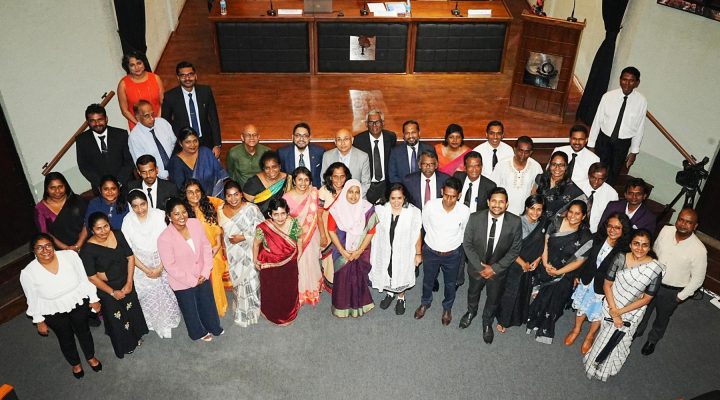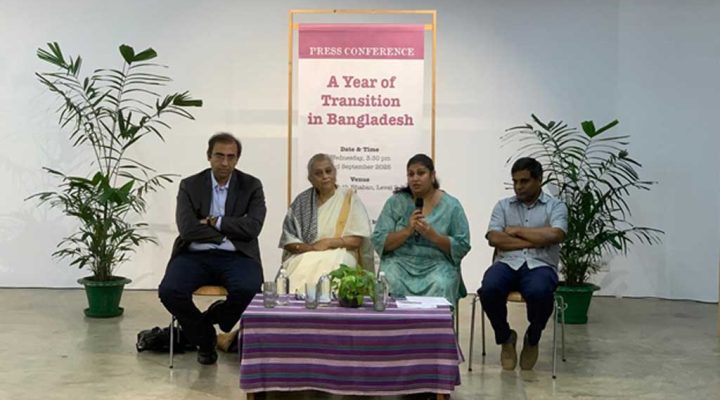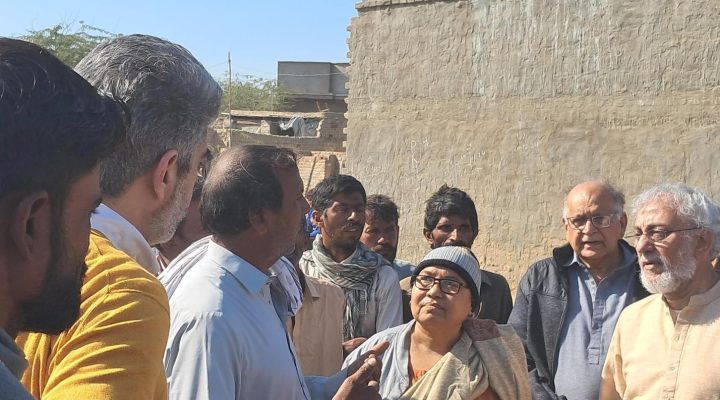
 SAHR is deeply concerned about the attacks and intimidation against the community of Baul singers
SAHR is deeply concerned about the attacks and intimidation against the community of Baul singers
 A Protracted Exile: Bhutanese Refugees in Nepal
A Protracted Exile: Bhutanese Refugees in Nepal
 Democracy in Peril: SAHR Calls for Accountability and Free Elections in Nepal
Democracy in Peril: SAHR Calls for Accountability and Free Elections in Nepal
 The Maldives: End Militarized Policing and Unlawful Use of Sonic Weapons Against Peaceful Protestors
The Maldives: End Militarized Policing and Unlawful Use of Sonic Weapons Against Peaceful Protestors
 SAHR expresses deep concern regarding the Maldives Media and Broadcasting Regulation Bill
SAHR expresses deep concern regarding the Maldives Media and Broadcasting Regulation Bill
SAHR is a democratic regional network with a large membership base of people committed to addressing human rights issues at both national and regional levels.
MORE


